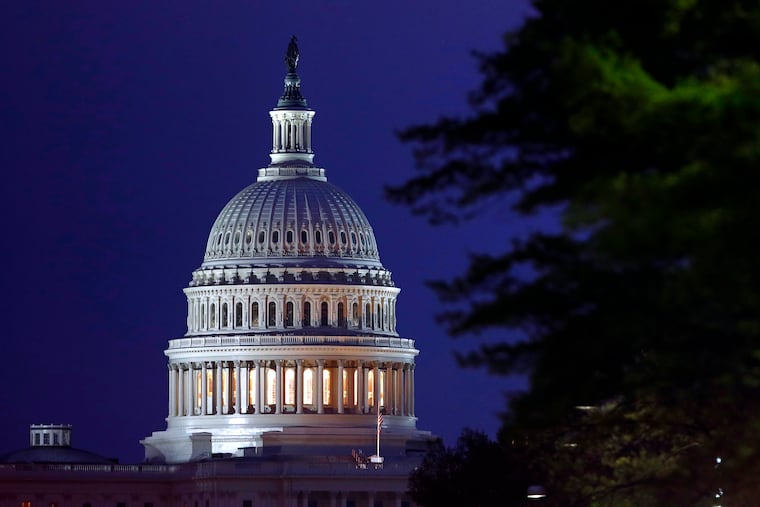Democrats and Republicans agree: Evidence-based research should play a greater role in health policymaking
The big caveat of the study was that how “evidence” is viewed can be flexible.

There seems to be very little that Republicans and Democrats agree upon in these times of harsh political discourse, but a Drexel University researcher may have found one: the role of scientific evidence in developing and shaping health care.
In a 2018 survey, 532 Americans were asked to identify with a political party and then rate the extent to which six factors such as industry influences, evidence and budget “should have” and “currently have” on the decisions made by representatives in the U.S. Congress.
The survey also looked at the influence doctor groups and citizens had on health policy. The study was published Tuesday in the journal Translational Behavioral Medicine.
“Policy making is political at the end of the day,” said Jonathan Purtle, study author and assistant professor of health management and policy in Drexel’s Dornsife School of Public Health.
Evidence was defined as information based on reliable data and produced by statistical methods. The results showed there was strong bipartisan support for a greater use of evidence, Purtle said.
While those who identified as Republicans and Democrats said “evidence” and “citizens’ desires” both should have a lot of influence on health policy decisions made by Congress, they were in close agreement in finding that neither group currently had much influence.
The opinions of participants who registered as Independents almost always fell in between those from the other two parties in the survey.
There were some slight differences.
While both parties felt that pharma and insurance companies should not have much influence, the Republican view was that the industry groups currently have less influence than what the Democrats and Independents believed.
“People think industry is driving health policy in Congress and they don’t think it should be,” said Purtle.
Previous studies have found that groups that represent doctors, like the American Medical Association, are extremely powerful in shaping healthy policy but this study found that doctors were not thought to have much influence. That could be because study participants may think of doctors as individuals and not as a group, Purtle said.
A caveat of the study was that the definition of “evidence” can be flexible in a do-it-yourself-science climate where people can pick and choose what evidence they want to fit their values, Purtle said.
Even when there is a mountain of evidence, such as the lack of a link between autism and vaccines, if it does not fit someone’s values, they will still say there are facts to support their views, he said.
As a possible solution to increase the role of evidence in developing health care, Purtle suggested a ranking system that “names and shames” lawmakers who do not practice evidence-informed policy making. The increased public scrutiny may lead congressmen to consider more evidence-informed decisions, according to the study.
“Across the political spectrum, Americans want evidence to play a much stronger role,” he said.